Paradigmatic Shifts in Geographical Thought: A Methodological Examination
In advancing disciplines like Geography, the methodological debate is a sign of health. In Geography, there has been extreme diversity of viewpoints on both philosophy and methodology with constant extension and also a shift in focus. The methodology of geography came under debate for the first time during the middle of twentieth century when the paper published by F.K. Schaefer, an American scholar, brought both the qualitative and quantitative revolution in geographic development. Shortly after this publication were discussed the paradigmatic shifts in a discipline by Thomas S. Kuhn, another American scholar, through his seminal work in which he painted a picture of the development of science quite unlike that had gone before. In order to elucidate this process of development of science Kuhn prepared a model termed as the 'Paradigm of Science'. Distinct parallels may be sought between the historical evolution of scientific discipline as explained by Thomas Kuhn and the historical evolution of the discipline of geography. Seeking inspiration from the works of both of the great scholars mentioned above, the present book examines the evolution of geographical thought from the perspective of Thomas Kuhn. Two publications of mine (2008 & 2014) are on this line only. However, the methodological literature, to understand the philosophical background making possible this disciplinary growth, is too small. The purpose here is to explore and screen the growth and development of Geography under sequential methodological changes over time in the light of vanous paradigmatic shifts with the acknowledgement of crises and revolutionary phases of development in the discipline. Accordingly, the work identifies eight paradigmatic shifts intercepted by eight phases of crises in the discipline.
Get it now and save 10%
BECOME A MEMBER

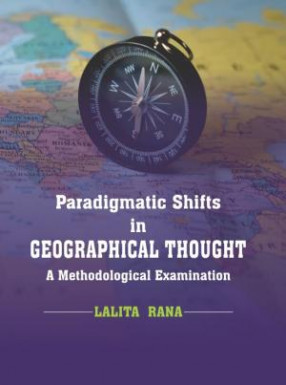

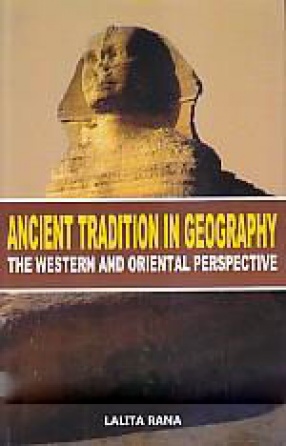

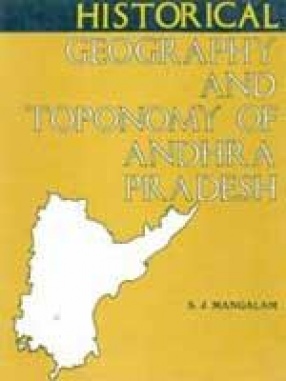
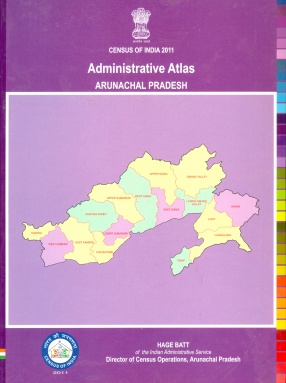
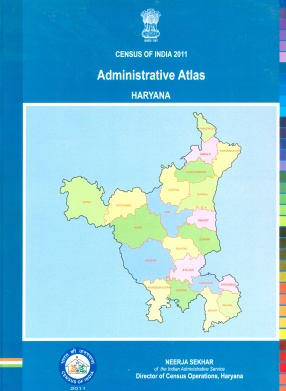
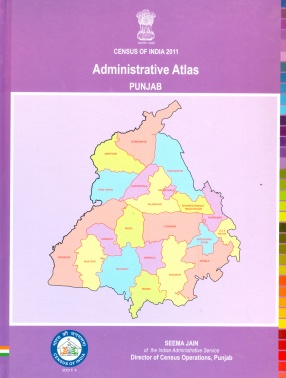

Bibliographic information